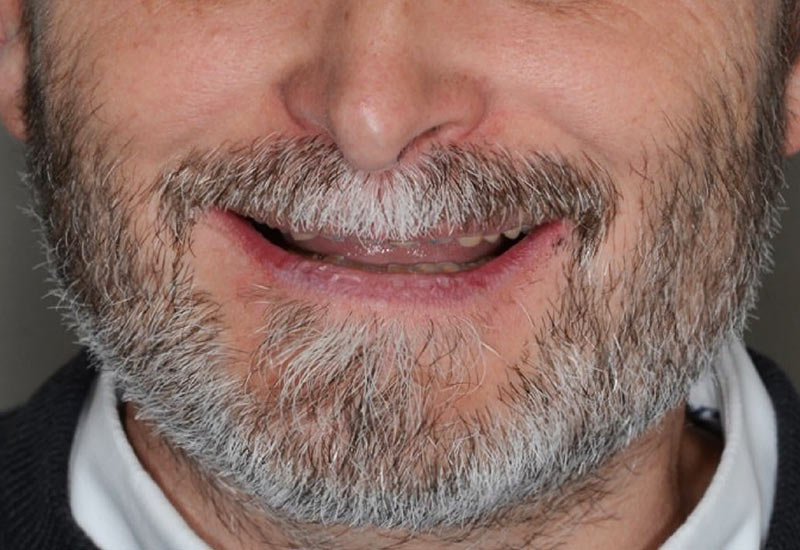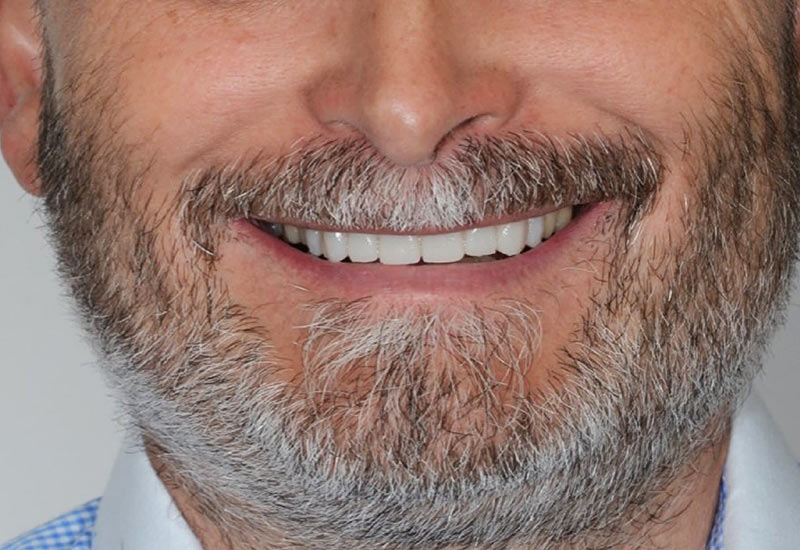Bruxism: symptoms, causes and consequences
Bruxism is the technical term for involuntary clenching of the teeth. It most often occurs at night, when the patient is unaware of it – unless his or her significant other points it out! Stress is one of the most common causes of bruxism. The hectic pace and pressure to perform that characterize our times make us “grit our teeth”: what could be more normal? Over the long term, stress generates tensions that can lead not only to bruxism, but also to neck pain, headaches and more. Some psychologists also point to unexpressed anger as the cause of bruxism. This may be recent, but often goes back to childhood. Painful for the person who shares your nights, teeth grinding can also have serious consequences for your health. By rubbing against each other, your teeth eventually wear down. The strain of bruxism leads to jaw pain, and in extreme cases, even jaw fractures. Your ability to chew may also be affected. Finally, jaw locking, neuralgia and headaches can occur. Tooth grinding should not be taken lightly.





